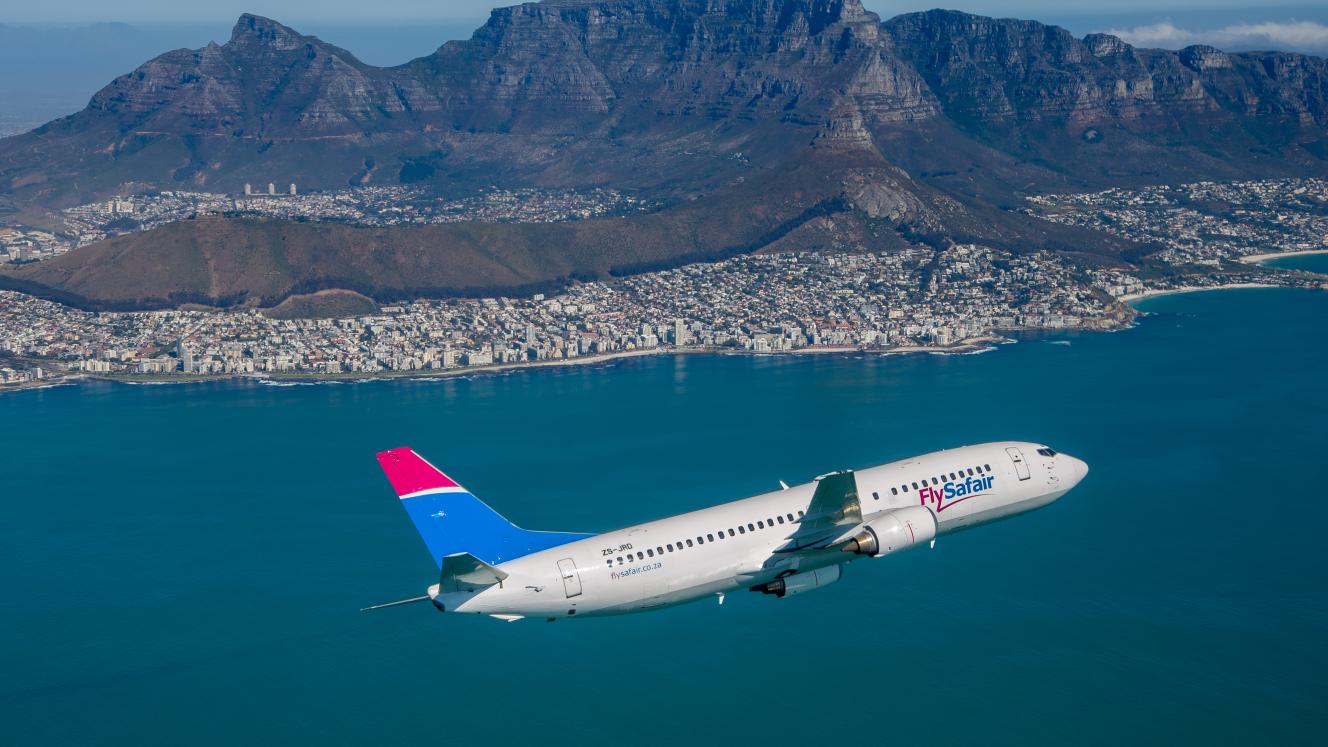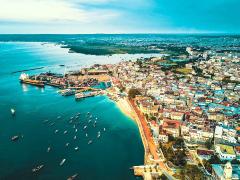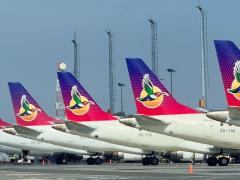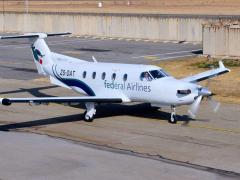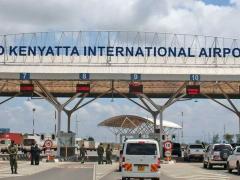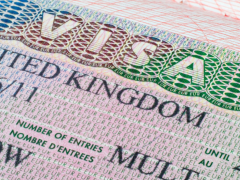The recent FlySafair pilot strike exposed vulnerabilities in South Africa’s domestic aviation market, highlighting the risks of relying on a single airline to meet the bulk of the country’s air travel demand.
Last month, FlySafair adjusted flight schedules in response to the strike, resulting in reduced capacity and higher fares across the country. This disruption raised industry concerns about the lack of viable alternatives for travellers.
“Even with challenges from Mango and SAA in the past, the public has been wary about ‘putting all eggs in one basket’, and the strike has again exposed the vulnerabilities in our domestic market. We need more carriers for competition and capacity,” said Za Nkosi, Head of Operations at FCM.
“FlySafair holds a substantial market share due to its large fleet and frequency of routings. This creates a significant gap when they're unavailable. Some domestic carriers simply don't service the routes that FlySafair covers. This also holds the risk of premium pricing and lack of flexibility on routes with few competing airlines, for example, George and East London,” said Belinda Bronner, Operations Manager, Corporate Traveller.
The background
According to industry expert Johan Borstlap, the South African domestic airline industry is under-supplied in terms of seat capacity and choice of carrier.
Borstlap explained that when FlySafair entered the market as a scheduled carrier, its parent company, Safair, already had established infrastructure from its charter services, which occasionally supported carriers like Comair and SAA. The company also leased aircraft to other carriers.
“Due to the shortage of domestic carriers and the closure of Comair, Flysafair used its financial backing to muscle into the market and become the dominant carrier. FlySafair did not need to reduce its fleet during Covid, so it had its full complement of seats available when skies opened again,” said Borstlap.
Although the pilot strike had a major effect on domestic travel, Borstlap says another factor must be considered. “The current Air Service Licensing Council (ASLC) has been in turmoil and has not been adjudicating applications timeously. This meant that new entrants were severely restricted and it also hampered already licensed carriers.”
Little interest from new players
More competition in the market would lead to reduced fares, however, there is little interest from new airlines. “The industry is expensive and following Covid and the demise of Comair, new airlines were very careful about committing to this huge capital input. I guess the thought that Comair, one of the SA’s oldest airlines, could fold scared airlines into rethinking investments,” said Borstlap.
Issues with the ASLC and slow AOC processing by SACAA have also negatively impacted market development.
“The South African airline industry has never operated on a level playing field. SAA being a government-owned airline meant privately-owned airlines were excluded from prime spots and routes in favour of SAA. The government also controlled the Air Services Councils, the CAA, major airports, managed the bilateral air services department and were in control of the air traffic control system and fuel supplies. Guess where that leaves you as an independent airline trying to compete?” added Borstlap.
Building a more balanced industry
To allow airlines to compete on a level field, Borstlap calls for a review of the entire airline regulatory system. “Regulatory compliance needs to be scrutinised and applied equally across the entire domestic airline industry. Government cannot own a competing airline. The Air Services Licensing Councils need to be revisited. There is no room for politics in the airline industry. Same goes for CAA, ACSA and ATNS,” said Borstlap.
He also sees potential for foreign airlines to enter the market. “Great opportunities from airlines like KLM, Emirates, Air France have been squandered due to poor political decisions. Financial institutions will once again look at the airline industry when they see these obstacles removed. South Africa has the potential to be a very strong airline market that will be a major player in Africa,” said Borstlap.
